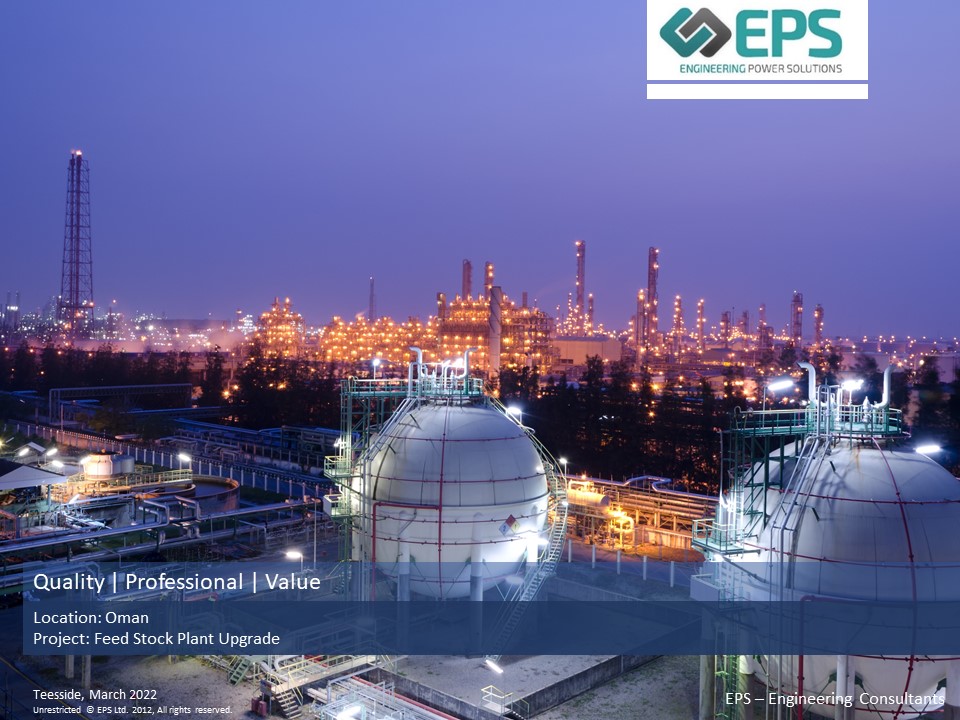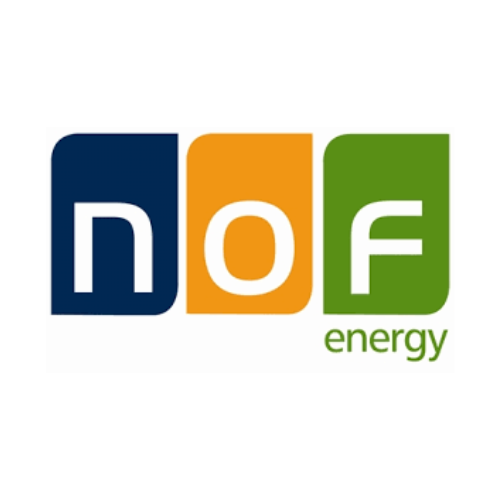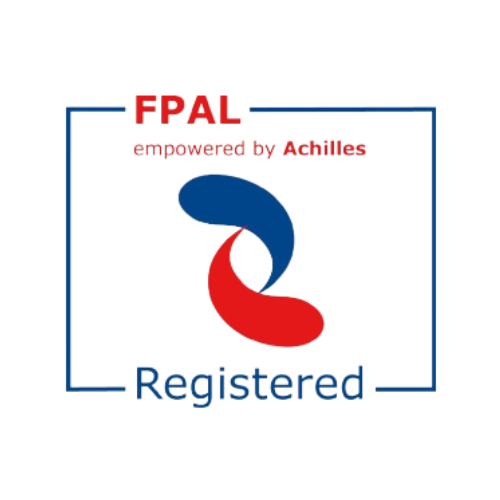A FEED study is a vital life-cycle process for large-scale projects which are capital intensive and have long-running timelines. Front End Engineering Design, is used in various sectors including oil and gas, power generation, refining, petrochemicals, renewables and other industrial applications. Its purpose is to identify insights into engineering design at an early stage, to save costs, avert risks and help with planning.

The petrochemical industry faces specific challenges in a sometimes difficult marketplace. Effective design, planning and operational engineering are vital to success. Like other industries, petrochemical plants benefit from the design efficiencies that FEED studies can bring, helping businesses to navigate operational and economic difficulties.
Coping With Limited Feedstock
What are petrochemicals made of?
Petrochemicals derive from raw materials including crude oil, natural gas, and coal. These fossil fuels are widely used, so it may seem surprising that there should be supply problems for petrochemicals. However, energy production dominates the global market, accounting for roughly 90% of fossil fuel use. That means the petrochemical feedstock supply is heavily affected by the conditions of the world energy market.
In the past, the main feedstock sources have been North America and the Middle East, but investment opportunities in these supplies are now looking less promising. In particular, North American stocks are expected to decline over the next 10 years. Some new opportunities are arising with the expansion of shale gas production in Argentina and certain other countries, but it’s unlikely that these will meet the shortfall left by the decline of more established sources.
The Effects Of Unpredictable Events
Rising crude oil prices have a major impact on petrochemicals. While some supply issues may be foreseen and mitigated, unpredictable global issues can also skew markets in dramatic ways. For example, we have seen how recent events like the war in Ukraine and the COVID-19 pandemic have impacted supplies and production capacities with huge onward consequences.
Planning For Efficiency
With only a 10% share of the resource market, it’s hard for the petrochemicals sector to influence prices and supply alone, and adverse contexts cannot always be predicted. Producers must look to stabilise their business prospects in other ways. Process efficiency and effective planning can help petrochemical plants to cope with market and supply difficulties. On this basis, the improvements fostered by Electrical FEED can pay significant dividends through process efficiency.
Process efficiency comprises three factors:
1) design efficiency,
2) operational efficiency, and
3) chemical efficiency.
None of these happens by accident and with complex operations, it is important to plan for efficiency right from the start when setting up new plants. An electrical FEED offers invaluable insights into better design and efficiencies that can be achieved further down the line and is estimated to save up to 30% in ongoing costs.
Beating The Competition
As the petrochemicals market becomes tighter and more competitive, production plants need to focus on efficiency more than ever. A FEED study improves economic effectiveness and reduces risk. EPS can offer FEED studies and consultancy to help improve your petrochemicals plant. Please contact us to learn more.










